Though we aim to discuss a wide breadth of films each year, few things give us more pleasure than the arrival of bold, new voices. It’s why we venture to festivals and pore over a variety of different features that might bring to light some emerging talent. This year was an especially notable time for new directors making their stamp, and we’re highlighting the handful of 2022 debuts that most impressed us.
Below one can check out a list spanning a variety of different genres, and many are available to stream here. In years to come, take note as these helmers (hopefully) ascend.
The African Desperate (Martine Syms)
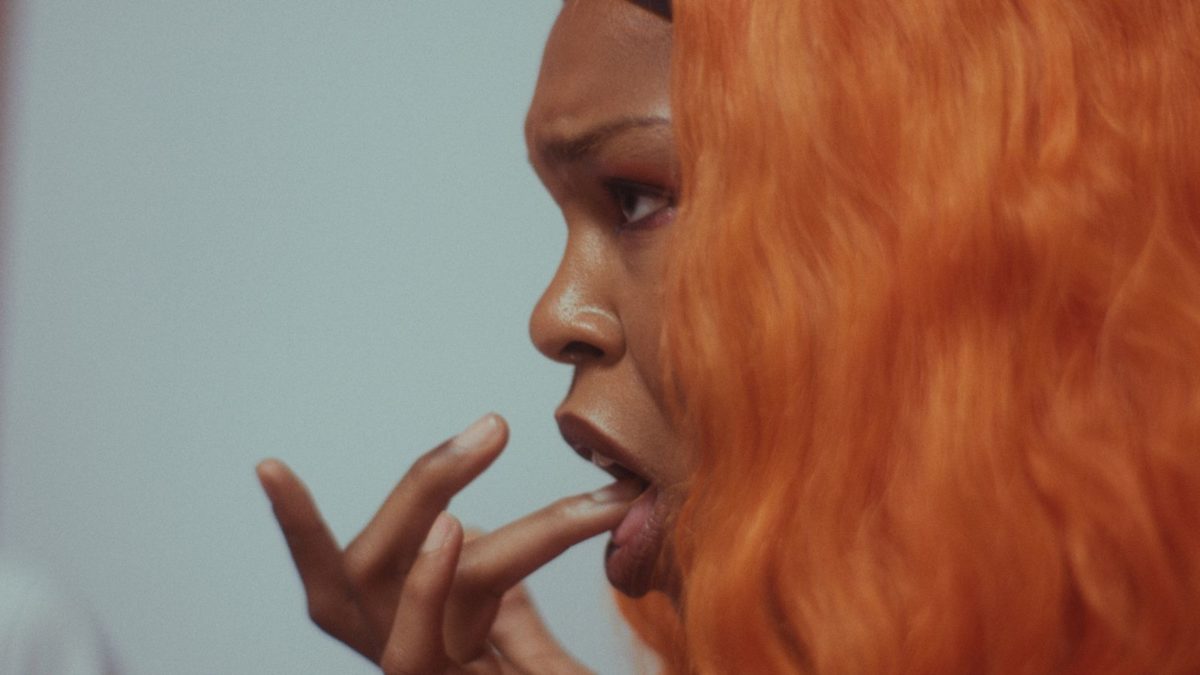
One of the most exciting directorial debuts of the year, Martine Syms’ The African Desperate is an electrifying ride through a day in the life of Palace Bryant (Diamond Stingily). An MFA grad on her final day of academia, she navigates saying goodbye to some genuine friends and some not-so-genuine annoying teachers and colleagues while contemplating what is next. While the scope may be small, Syms delivers a deluge of style in every scene, giving boundless energy to this moment where an unknown future awaits. – Jordan R.
Aftersun (Charlotte Wells)
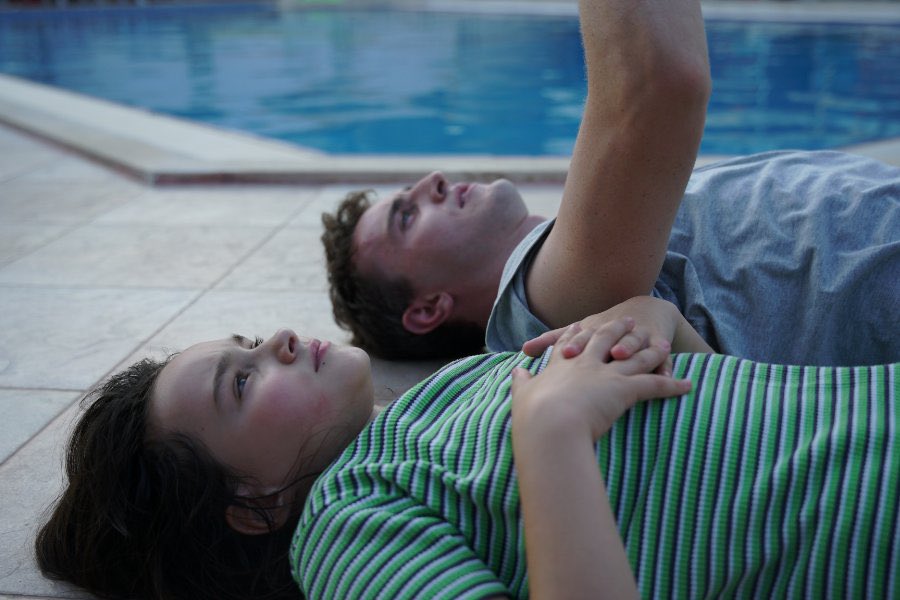
One of the year’s most resonant films, Aftersun looks at the scratchy dynamics between a father and daughter while on vacation. It’s about memory, the finite nature of the relationships in our lives, and the difficulties of a parent’s diminishing mental health. Charlotte Wells knows where to put the camera in her debut—undeterred from taking risks, from placing her characters outside of the frame, from looking at shadows instead of the people themselves. Aftersun is a rare, tremendous first film, full of heart and focused melancholy; it breaks you down and fills you up simultaneously. The consistent inclusion of camcorder footage, and the fact that it enhances the story rather than becoming a distraction, further proclaims Wells as a director with immense talent and overflowing care. – Michael F.
Anaïs in Love (Charline Bourgeois-Tacquet)
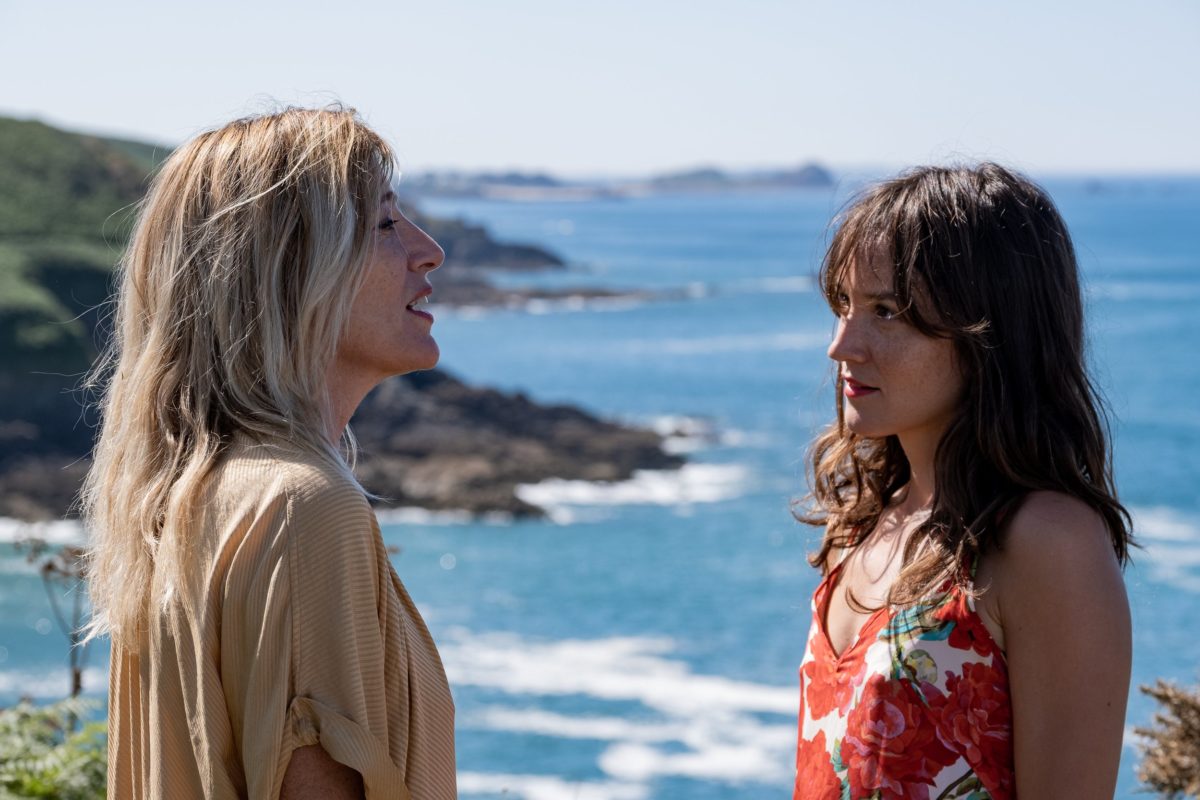
“You’re right to take love seriously, but don’t let it take over,” advises Emilie (Valeria Bruni Tedeschi) to Anaïs (Anaïs Demoustier), the wide-eyed 30-year-old with whom she’s having an affair. That bit of wisdom might apply to relationships between people, but it’s clear that for Charline Bourgeois-Tacquet, who wrote and directed the film, it should be ignored when it comes to love for cinema. Her undeniable passion for the art form makes every frame of Anaïs in Love feel like a sonnet. Her direction, confident but gentle, poetic but not overwrought, pays tribute to nouvelle vague masters while announcing Bourgeois-Tacquet as a filmmaker whose swept us off our feet—for the first of, one hopes, many times to come. – Jose S.
Funny Pages (Owen Kline)
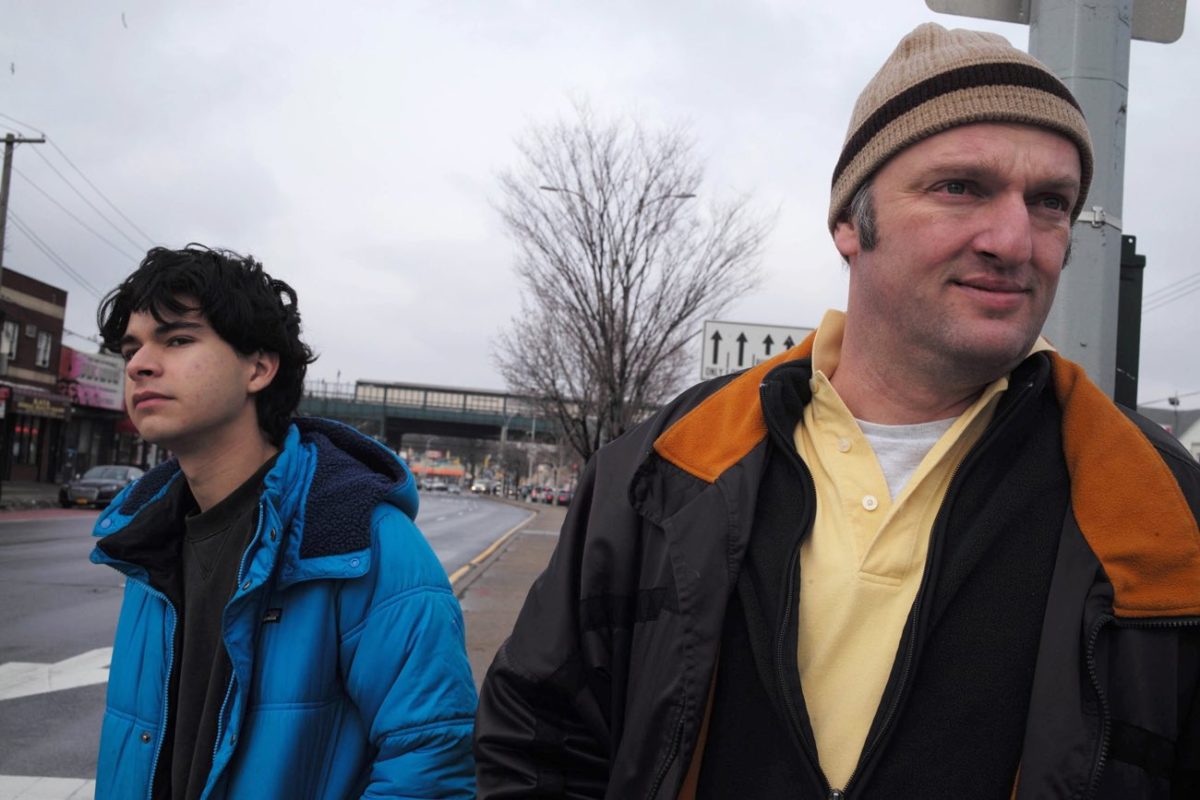
Applying Alistair Ryder’s criteria for a successful directorial debut, Owen Kline’s Funny Pages nods to its influences of lo-fi ’90s cinema—e.g. Terry Zwigoff’s Crumb as well as the Safdie brothers (who produce)—while announcing Kline as a distinct new voice in the New York film scene. An appropriately grimy portrait of a young comic artist (Daniel Zolghadri) struggling to find a suitable mentor and escape his privilege in the foolhardy ways only the young can dream up, it frequently goes unexpected places, including perhaps the sweatiest illegal basement apartment ever committed to celluloid. Kline balances the fine line of displaying love for his oddball cast of characters—both privileged and not—without ever letting them off the hook. Funny Pages carries a real bite that mixes effortlessly with screwball humor. – Caleb H.
Hit the Road (Panah Panahi)
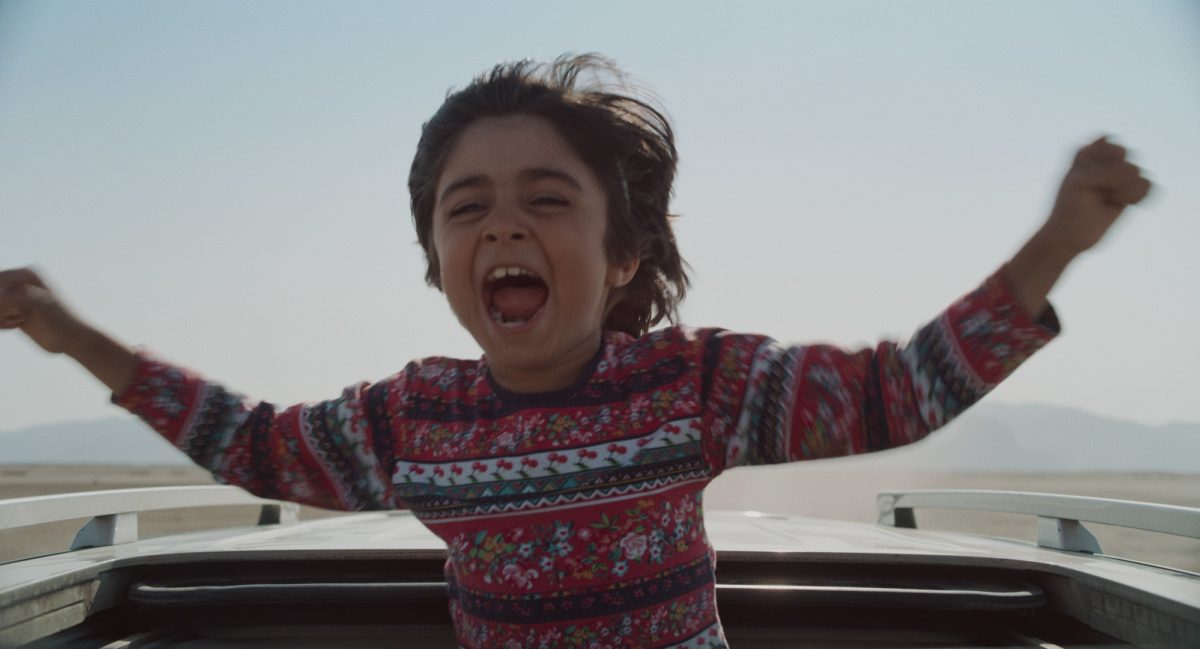
Being the son of one of cinema’s most acclaimed and embattled auteurs is an intimidating position, especially when crafting a debut. Panah Panahi was more than up to the challenge. Informed by the separation from his only sibling and disillusionment with fellow Iranians, Panahi had created a bittersweet yet life-affirming picture of an Iranian family facing the inevitable loss of their eldest son. Imbuing Hit the Road with heartwarming moments of family connectedness, Panahi invites the audience to resonate with the struggles of an Iranian family under government surveillance—a pertinent, persisting issue. – Margaret R.
A Love Song (Max Walker-Silverman)
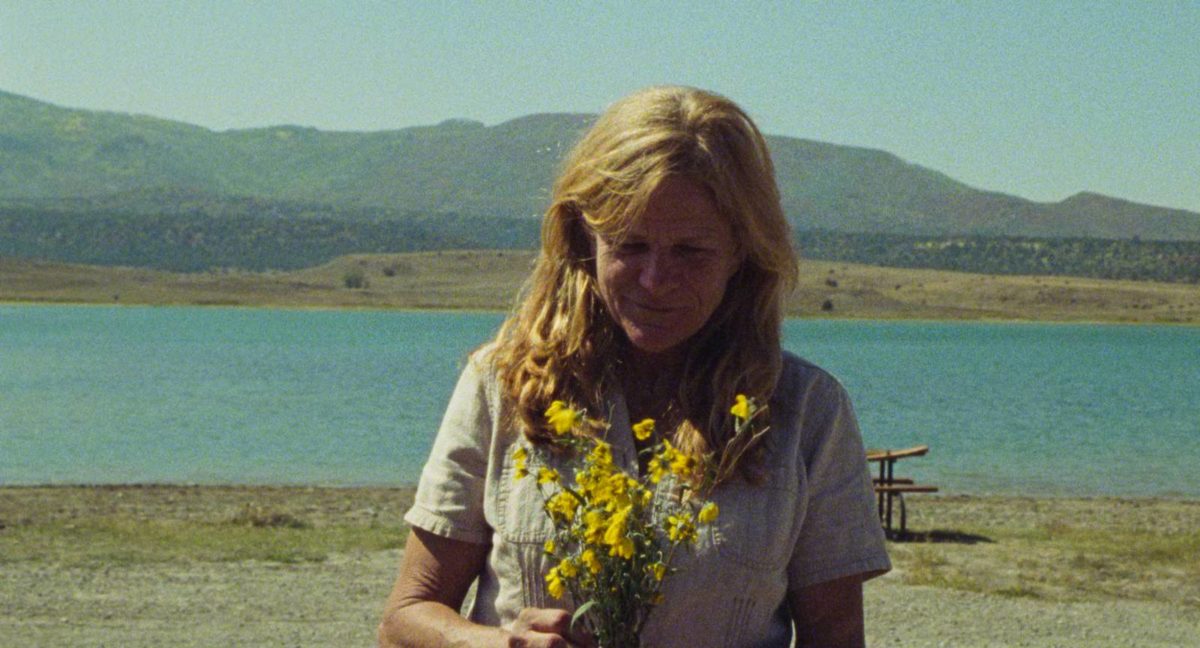
Max Walker-Silverman’s A Love Song utilizes the immense talent of Dale Dickey and the richly simple Colorado landscape to tell a small, affecting story. Dickey, along with co-star Wes Studi, carries an isolated narrative of a widowed woman living an uncomplicated life. The first-time writer-director shows necessary patience in telling this story: he uses silence to his advantage, resting on Dickey’s lived-in face as she sorts through her feelings of grief, nostalgia, and loneliness. – Michael F.
Murina (Antoneta Alamat Kusijanović)
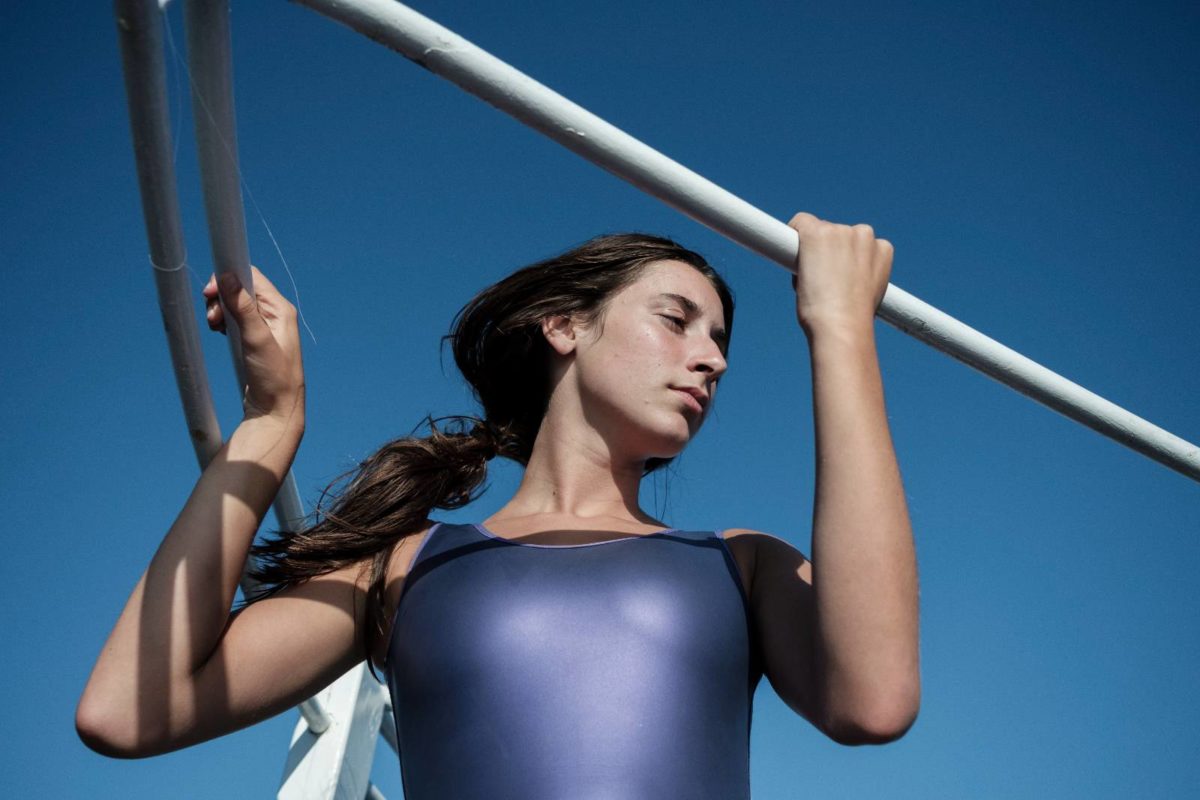
As though inspired by the habitat of her titular moray eel, director Antoneta Alamat Kusijanović captures Murina‘s sublime coastlines and celestial underwater caves as both safe havens and teasing traps. Shooting deftly along and beneath the surface of the Adriatic Sea, Kusijanović never strays from Julija (Gracija Filipović), the movie’s 17-year-old protagonist, who wriggles around her father’s protective and abusive instincts when a wealthy friend encourages her to seek out a more autonomous life. Last year’s Camera d’Or winner for Best First Feature at Cannes, Murina dazzles the eye, splashing a sun-baked, aquatic landscape onto an abstract and intimate coming-of-age portrait. – Jake K-S.
Nanny (Nikyatu Jusu)
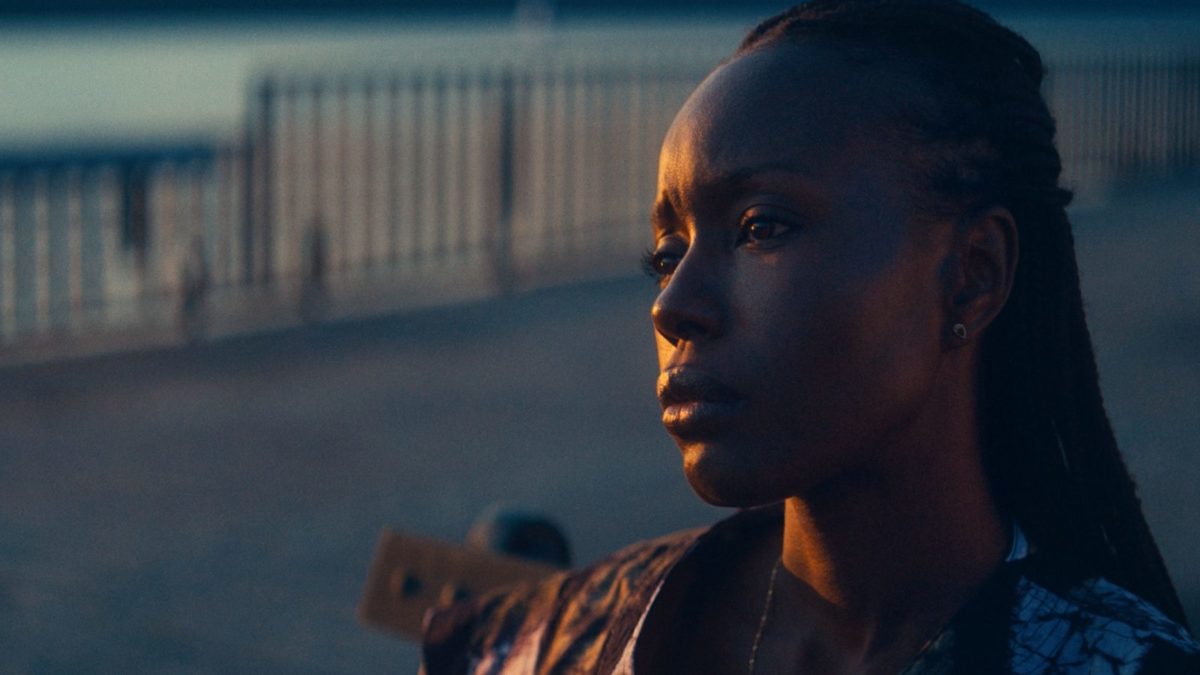
When Nikyatu Jusu won the Sundance Grand Jury prize for her harrowingly striking directorial debut Nanny, it signified a new voice in the Black horror genre revitalized by Jordan Peele. Jusu endows her film with disquieting imagery and harrowing ambiance, creating an atmospheric nightmare of the highest caliber to convey the true horrors of the American Dream for Aisha, played in a star-making performance by Anna Diop. Jusu has crafted an engrossing, terrifying picture that harkens to African mythology and the works of Senegalese auteur Ousmane Sembène while maintaining a style that is wholly, uniquely her own. – Margaret R.
A Night of Knowing Nothing (Payal Kapadia)
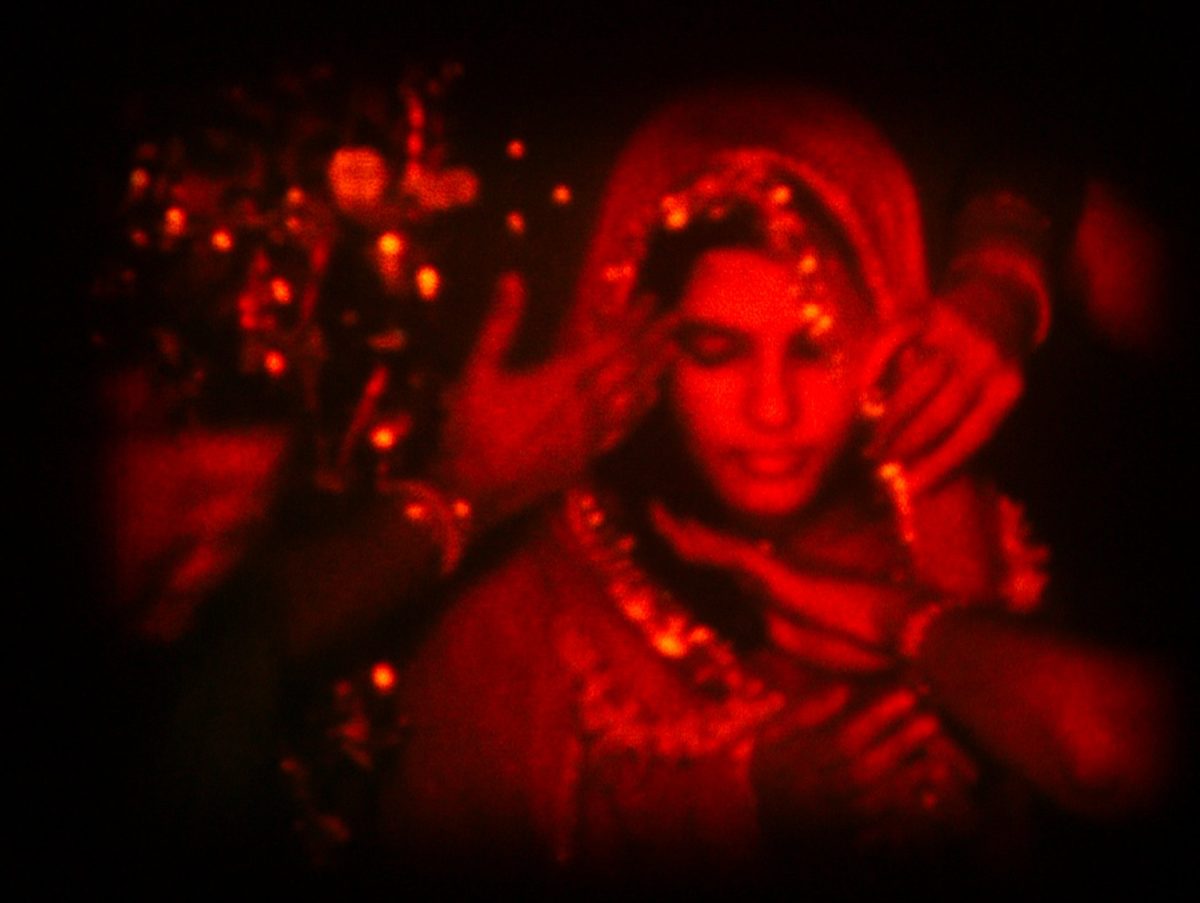
What starts as an abstract love story through letters recovered from a college in India slowly transforms into a brutal awakening––a flowing, livewire account of student protest and violent retaliation at New Delhi’s Jawaharlal Nehwu University over the past several years. Steeped in an eerie, all-consuming hypnosis, writer-director Payal Kapadia’s debut feature resonates like a veteran experimental work––more like something Godard would’ve made in his 80s than something by a newcomer with three shorts to their name. Under Kapadia’s assured, inventive direction, A Night of Knowing Nothing is a river of revolution, forsaken love, political poetry, fractured memory, collective morality, human-rights atrocities, and existential crises coated in a shimmering black-and-white film grain and set to a blend of narrated docu-fiction too artfully spare and entrancing to interrogate until after it’s suddenly rushed by. Kapadia is able to stretch her avant-garde wings while both entertaining us in form and educating us on the contemporary fight against casteism in India. But perhaps most impressively she’s made the rare documentary that calls the viewer to action with a true, contagious sense of conviction and compassion. – Luke H.
On the Count of Three (Jerrod Carmichael)
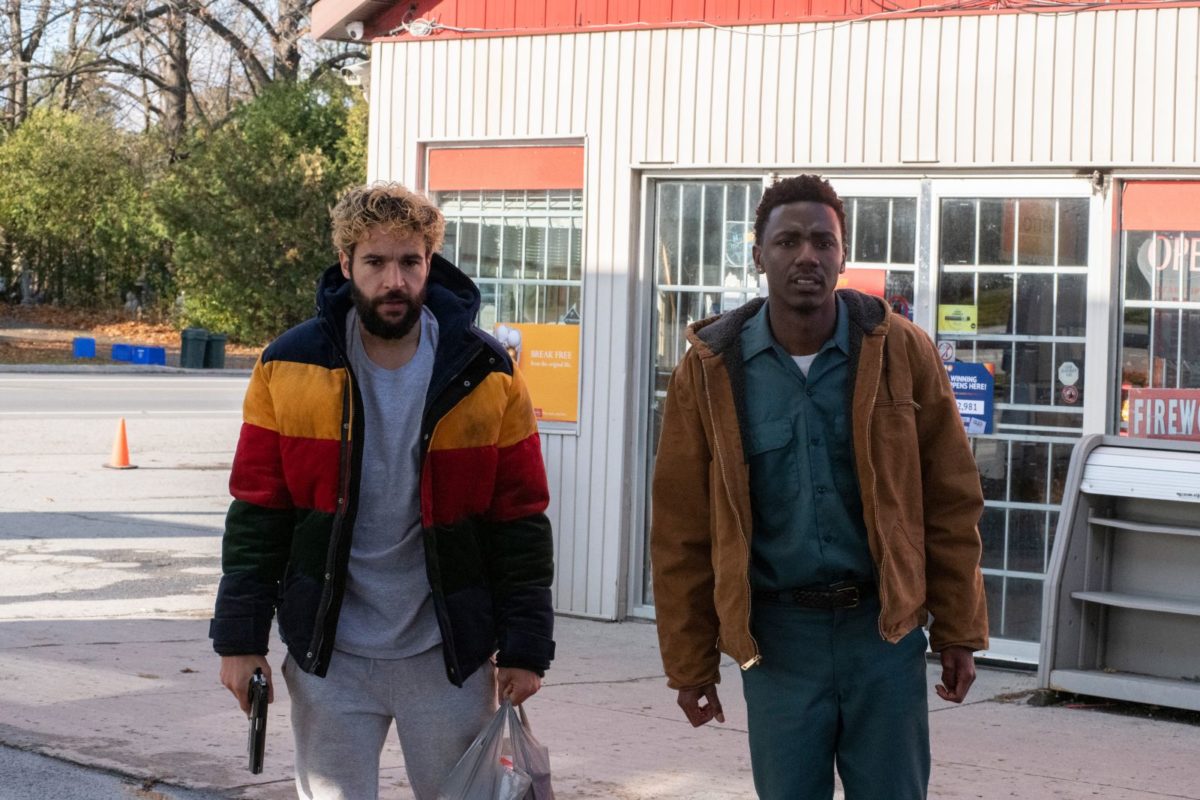
Starring and directed by comedian Jerrod Carmichael, On the Count of Three attempts to strike a delicate balance. It grapples with its characters’ depression and anxiety, finding moments of comedy within a central friendship, yet remaining a dark look at hopelessness. Christopher Abbott plays Carmichael’s best friend in a performance both hilarious and devastating. It’s a madcap movie, dark and tragic, though Carmichael realizes levity and understanding are essential. The underseen indie deserves a larger audience, and plainly shows the extent of Carmichael’s creative abilities. – Michael F.
We’re All Going to the World’s Fair (Jane Schoenbrun)
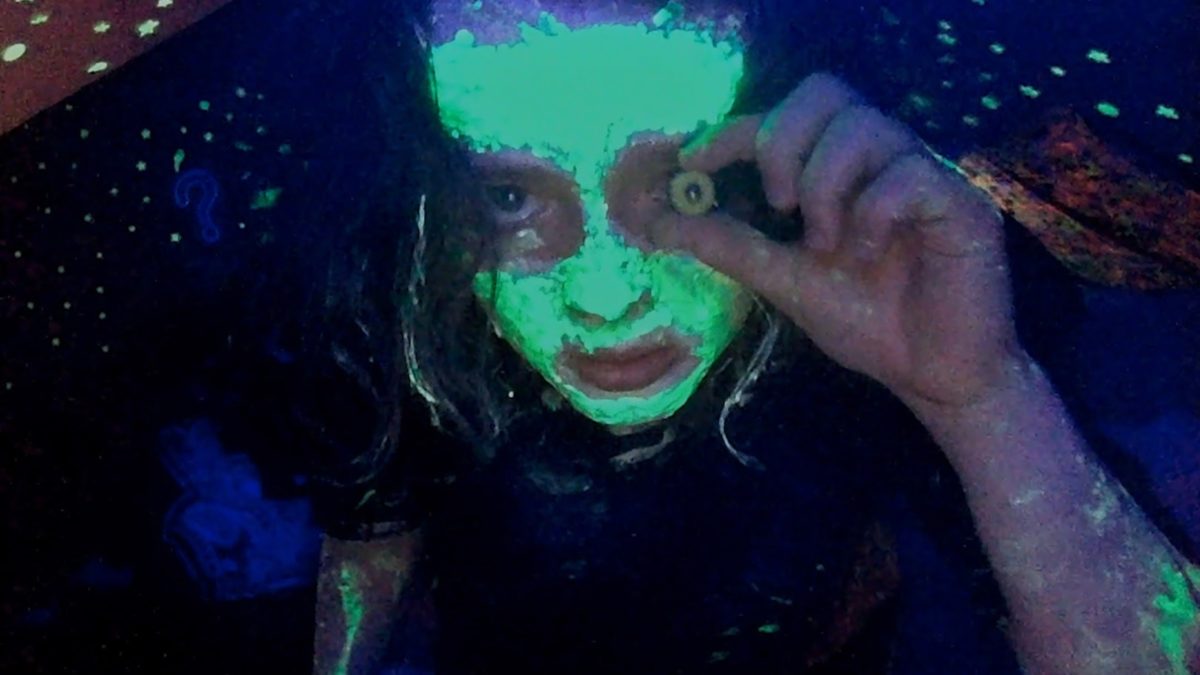
Jane Schoenbrun did in their debut feature what some filmmakers are unable to achieve over the course of an entire career: establish a new cinematic language. We’re All Going to the World’s Fair synthesizes an eclectic medley of 2010s internet ephemera––vlogs, creepypastas, Skype calls, alternate reality games––into an intimate treatise on gender dysphoria, charting a disturbed teenager’s struggles to excavate her own identity from the sea of digital noise. Part lo-fi horror, part expressionistic character study, World’s Fair accessed parts of my brain I didn’t know movies could. – Cole K.
Honorable Mentions
- Causeway (Lila Neugebauer)
- Emily the Criminal (John Patton Ford)
- Hunt (Lee Jung-jae)
- Leonor Will Never Die (Martika Ramirez Escobar)
- Next Exit (Mali Elfman)
- The Outfit (Graham Moore)
- Piggy (Carlota Pereda)
- The Pink Cloud (Iuli Gerbase)
- Smile (Parker Finn)
- Turning Red (Domee Shi)
- Watcher (Chloe Okuno)
